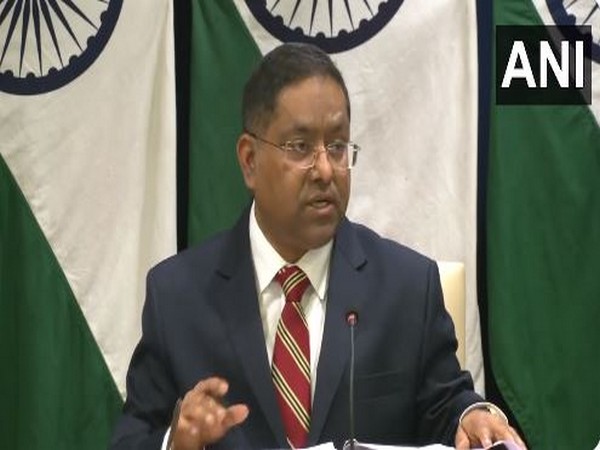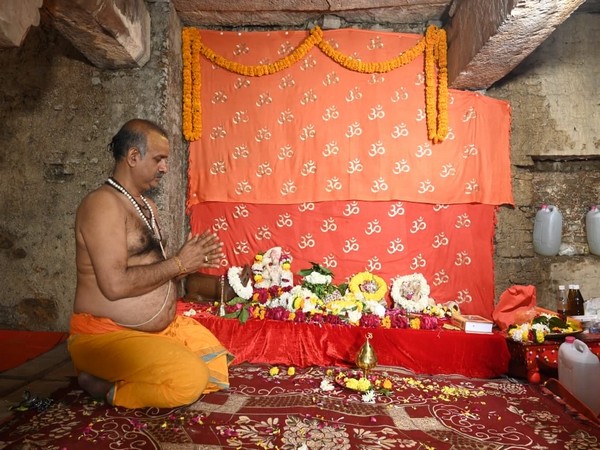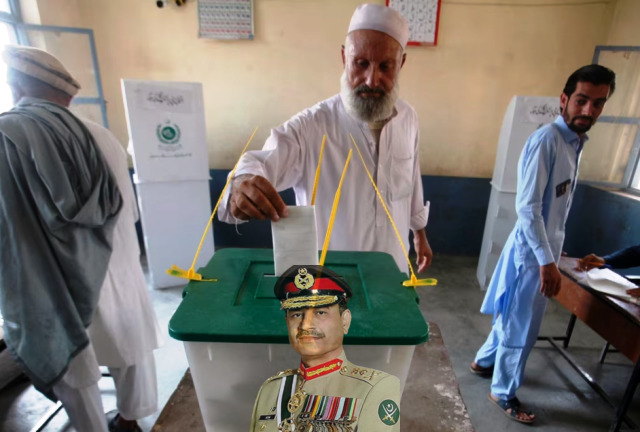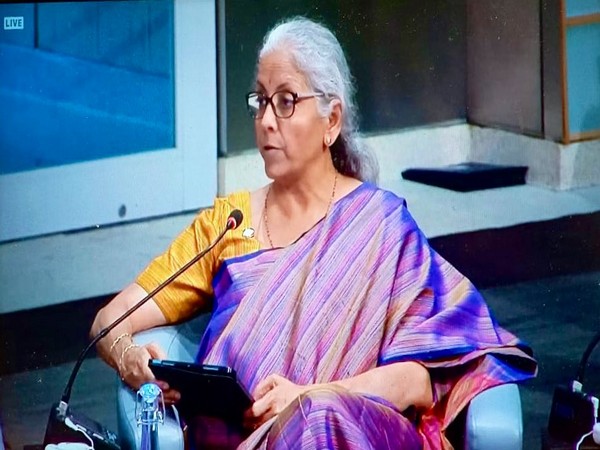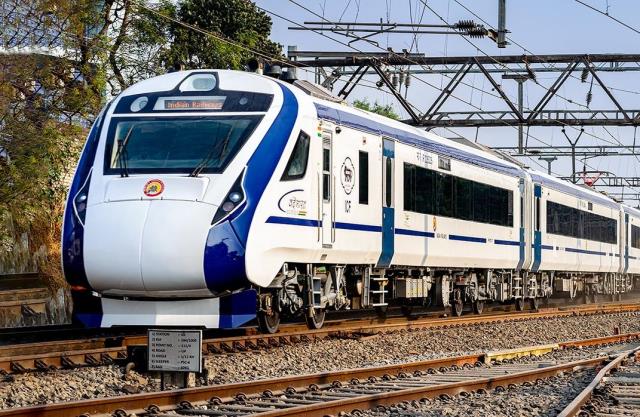References to “Allah, the Army and America” sustaining Pakistan are oft-repeated, worn-out cliché. But the three remain omnipresent, with China emerging as the additional factor. Irrespective of their outcome, the February 8 elections may reinforce them.
Claiming to represent the divine, besides the Islamist parties that stay close to the military-civil ‘establishment’, Tehreek-e-Labbaik Pakistan (TLP), a militant group recognised by the Election Commission, has fielded more candidates than the three mainstream parties: Pakistan Muslim League of three-time Prime Minister Nawaz Sharif, the Bhutto-Zardari family-run Pakistan Peoples’ Party (PPP) and Imran Khan’s Pakistan Tehreek-e-Insaf (PTI).
This, plus the way Imran is sought to be kept in jail electorally side-lined, and the role reversal of Nawaz, clearly indicate that the army is engaged in engineering the elections.
If these two are active, America cannot be far behind. Indeed, this is Pakistan’s first “foreign policy” election indirectly involving the US. Washington, of course, denies any role.
Imran Khan made the diplomatic blunder of waving at his political rally a ‘cypher’, an official communication received from his ambassador in Washington. Khan interpreted it as America’s ‘conspiracy’ and ‘threat’ to remove him from power for his ‘independent’, “pro-China” policies. Nine days before the election, he was convicted of violating official secrets. After being acquitted twice, a third trial was held in jail to ensure his conviction.
Another conviction came the very next day for misusing Toshakhana, the government depository of gifts received from foreign dignitaries. Among many things, Khan retained, and sold in Dubai, an expensive wristwatch received from the Saudi Crown Prince Salman. But there is no such trial against others, including former President Asif Zardari, who bought a limousine received as a gift at a throwaway price.
Aided by the judiciary, the current army-backed caretaker government is openly working against Khan and is perceived as promoting Nawaz while keeping Bilawal Bhutto Zardari on stand-by. However, the future, if they play their cards well, belongs to Maryam Nawaz, in her late 40s and Bilawal, who is less than half the age of three-time premier Nawaz, 74, whom analysts consider the frontrunner in next month’s election, and Imran, 71.
The popular word, ‘ladla’, makes it easy to understand Pakistan’s political scene. It means the favourite of the military-civil ‘establishment’. He has changed from time to time. He remains in favour till he turns ‘rogue’, when he starts asserting himself. He is then removed by any means. Ladla’s choice and the dynamics of governance, even in Pakistan’s nominal democracy make this clash inevitable.
This is not to question the political acumen of Nawaz, Khan or anyone else. But everyone must fall in line to gain, and stay in, power. That is Pakistan’s unchanging reality.
Before Imran, Nawaz Sharif was the favourite thrice, till each time he asserted his political position. He was pushed out, first through street protests and then with the help of the top judiciary that convicted him on graft charges. The flawed verdicts against him have now been overturned, even as Imran’s convictions grow. There are prospects of a fourth shot at power for Nawaz.
ALSO READ: Pakistan – Hurtling From One Crisis To Another
In his third stint beginning in 2013, Nawaz grew assertive and eased out Army Chief Raheel Sharif. It was Imran’s turn to be promoted from a renowned cricketer to a political leader. With ‘electoral engineering’ conducted in 2018, he cobbled up a coalition with the help of turncoats, many of them from Nawaz’s party. For the next three years, Khan maintained that the army and he were “on the same page” till the army perceived that he was interfering in its internal affairs and playing favourites.
Back in 2018, Imran was portrayed as a ‘change’ candidate, promising to end dynastic politics, ensure accountability of corrupt politicians, reform the judiciary and create jobs for young people as part of a revamped economy.
But under his rule, the economy collapsed, the cost of living soared, many of his political opponents were jailed, media freedoms were curbed and human rights violations and attacks against journalists increased.
Today, Imran’s party, broken into many factions, is contesting without the cricket bat as the election symbol. Yet, there is a groundswell of support for him, especially from the vocal middle classes. Khan remains in the reckoning. Last month, working obviously with an eye on the future, his supporters in America enlisted two lobbyists for “strategic consulting”, to garner support from pro-democracy forces and alleviate domestic pressure.
Some analysts say Khan’s imprisonment and persecution could cause a “sympathy vote”, leading to a ‘hung’ National Assembly. Several candidates still loyal to Khan are contesting as Independents. Of 17,816 candidates, 11,785 are Independents.
That would bring into play another term popular in Pakistan’s political lexicon: Lota, a turncoat who, like a vessel without a base, rolls in unpredictable directions. Not a new phenomenon though, Lota is poised to play a crucial role in this election. The ‘electable’ among them – people with resources and ground-level support, are sought-after. Nawaz had the initial start in wooing Independents. Now Bilawal Bhutto Zardari, the PPP co-chairperson, says he would prefer to form “a government with the help of Independents” instead of any coalition with Nawaz or Imran.
But the army remains the prime mover. Dawn newspaper (January 24, 2024) quoted Army Chief, Gen Asim Munir saying that “incompetent people should not be elected, and lawmakers should be held accountable after the elections.” Also, a “five-year constitutional term does not give a license to a political government to misgovern for five years.”
What some analysts call the ‘Gen Asim Munir doctrine’ is no different from what the military felt and said about the political class under former military dictators – Ayub Khan, Yahya Khan, Zia ul Haq and Pervez Musharraf.
While there is no indication that the military seeks to take over, it is apparent that it does not want to give a free hand to civilians either. The distrust of the politicians remains palpable.
The bottom line is that the elections do not guarantee political stability, economic recovery and narrowing of political and social polarization rampant in Pakistan for the last few years.
For more details visit us: https://lokmarg.com/

